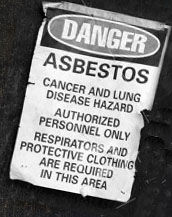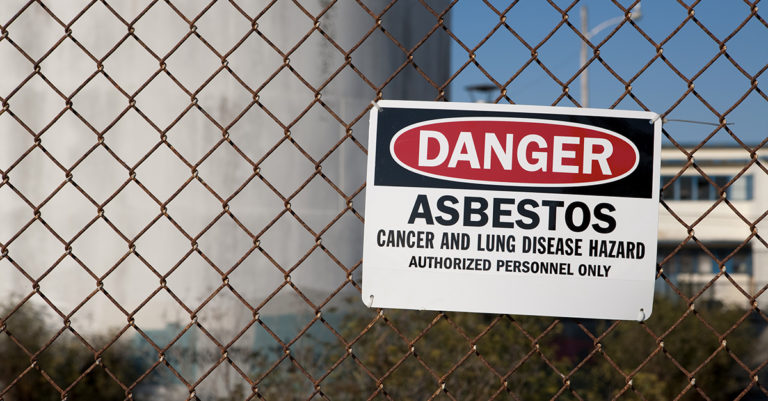Earlier this week, while skimming my newsfeeds, I happened upon an example of why you shouldn’t believe everything you read. Over the past year, several companies that knowingly manufactured products with asbestos have declared bankruptcy to avoid their responsibility to compensate the people whom they killed. Reuter’s wire service included a June 7 story about the most recent, called Garlock Sealing Technologies, which manufactures fluid sealing products like gaskets used in the piping industry.
At one point, the article states that asbestos was banned by the U.S. government.
This is not true. Asbestos is not banned. Not in the U.S. Not in Canada. In fact, Canada is the second highest exporter of asbestos and the U.S. is its main customer, according to the U.S. Geological Survey. There has been an effort to ban asbestos with the Ban Asbestos in America Act sponsored by U.S. Sen. Patty Murray, but corporations, special interest groups and their lobbyists have defeated it every year for the last several years.

Research directly links asbestos exposure to deadly diseases like mesothelioma and lung cancer. The government has acknowledged the long-term danger associated with asbestos exposure by imposing training guidelines, like wearing hazmat suits, to ensure its safe removal from buildings. The irony is obvious when you consider that just last year the United States still exported 715 tons of this deadly poison, which kills 10,000 Americans annually, to use in shingles, brake pads and other household appliances.
More than four decades ago, the Environmental Protection Agency declared asbestos a known human carcinogen yet we’re still importing it in 2010?
It’s hard to convince the public a total ban is needed when they already believe it’s outlawed. Even politicians believe a ban is in place. As the Simmons law firm attends the Mesothelioma Applied Research Foundation’s 2010 International Symposium on Malignant Mesothelioma this week, I’m reminded of a story from last year’s event.
While advocating for more mesothelioma research dollars on The Hill, one mesothelioma victim got into an argument with their Congressman over whether asbestos had been banned. The Congressman, like most people, assumed asbestos had long since been banned by the U.S. government. You can imagine the Congressman surprise when a quick internet search proved him wrong.
 Articles like the Reuters story perpetuate this misconception. The truth is asbestos is regulated, but it’s not completely banned. This article offers astark reminder that we must take action now to prevent future asbestos-related deaths, just like we must continue to hold companies responsible for their actions.
Articles like the Reuters story perpetuate this misconception. The truth is asbestos is regulated, but it’s not completely banned. This article offers astark reminder that we must take action now to prevent future asbestos-related deaths, just like we must continue to hold companies responsible for their actions.
Bankruptcy does not make them accountable. It’s a slap on the wrist. These companies are going bankrupt because they knowingly produced a product that poisons people, and they don’t want to take responsibility for their actions. It allows these companies to continue to earn profits while evading their responsibility to compensate the people they killed.
Going bankrupt doesn’t prevent more people from continuing to develop asbestos-related illnesses. It doesn’t give closure to people who have been diagnosed with mesothelioma or asbestos induced lung cancer. Banning asbestos does.
But you shouldn’t believe everything you read. Click here to learn more about what you can do to ban asbestos.




